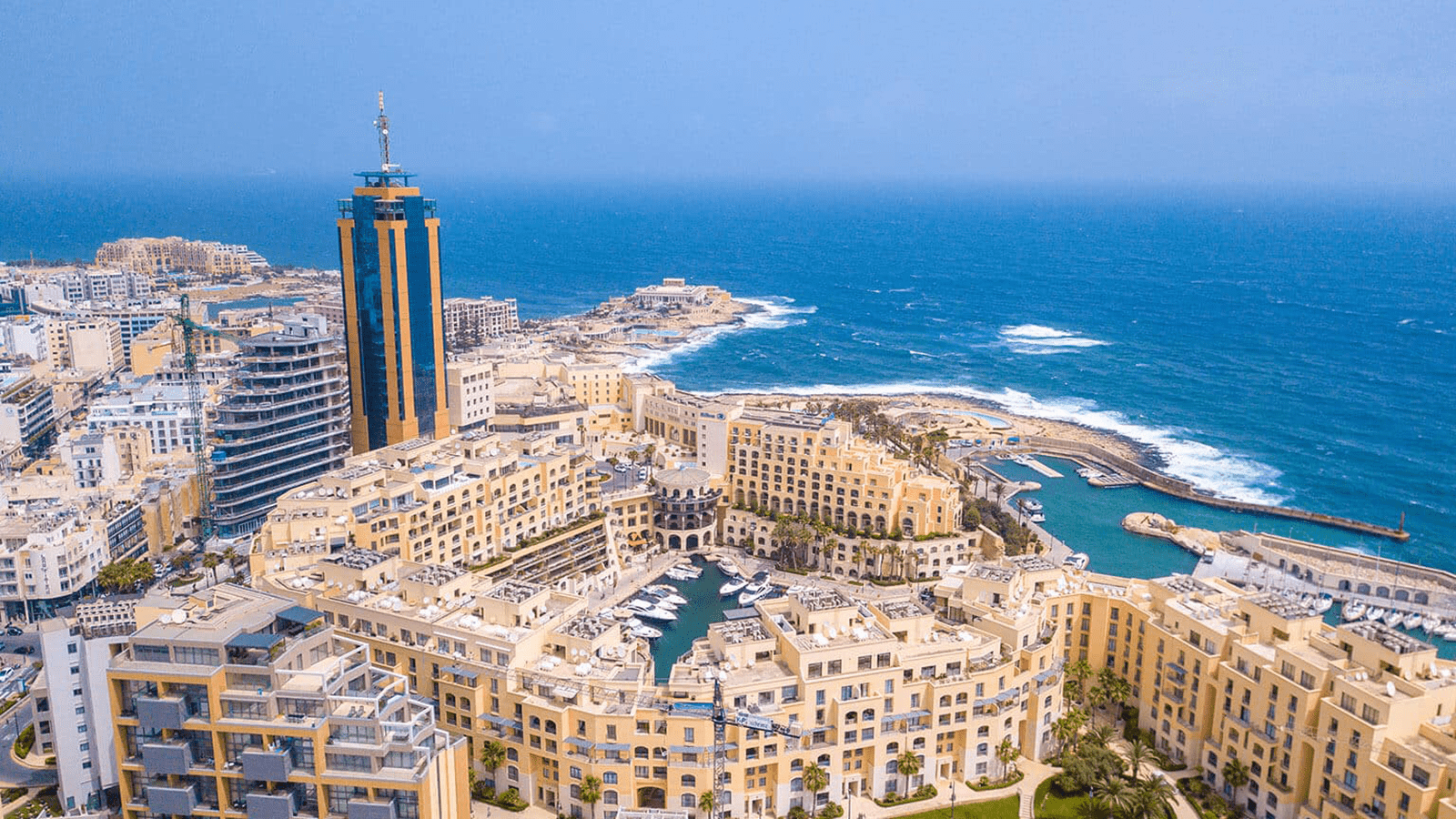A Beginner’s Guide to Investing in Malta

Malta, a small island nation in the Mediterranean, has been gaining popularity as an investment destination in recent years. With its strategic location, favorable business climate, and access to the EU market, Malta offers a range of investment opportunities for both individuals and businesses. If you’re considering investing in Malta, this beginner’s guide will provide you with an overview of the country’s investment landscape.
Introduction to Investing in Malta
Malta’s economy has been on a steady growth trajectory in recent years, with the country’s GDP increasing by 5.4% in 2019. Malta’s strategic location at the crossroads of Europe, North Africa, and the Middle East, as well as its favorable business climate, has made it an attractive investment destination for both domestic and foreign investors.
Key Industries and Sectors in Malta
Malta has several key industries and sectors that offer investment opportunities. These include:
Financial Services
The financial services industry is a significant contributor to Malta’s economy, accounting for around 12% of GDP. Malta has a well-developed financial services sector, with a range of banking, insurance, and investment services available.
Tourism and Hospitality
Malta’s tourism industry has been growing steadily over the years, with around 2.8 million tourists visiting the country in 2019. The sector offers investment opportunities in areas such as hotel development, tour operations, and event management.
Real Estate
The real estate sector in Malta has been growing rapidly in recent years, driven by demand from foreign investors and expatriates. Investment opportunities exist in areas such as residential and commercial property development, property management, and rental services.
Manufacturing
Malta has a well-developed manufacturing sector, with companies operating in areas such as electronics, pharmaceuticals, and food processing. Investment opportunities exist in areas such as product development, production, and distribution.
ICT
The ICT sector in Malta is growing rapidly, with companies operating in areas such as software development, digital marketing, and e-commerce. Investment opportunities exist in areas such as technology development, digital infrastructure, and cybersecurity.
How to Invest in Malta
Investors can invest in Malta in several ways, including:
Setting up a company
Setting up a company in Malta is a popular investment option for foreign investors. Malta offers a favorable business climate, with low corporate tax rates and a range of incentives available for businesses.
Acquiring property
Acquiring property in Malta is another popular investment option for foreign investors. Malta offers a range of residential and commercial property options, with prices ranging from affordable to high-end.
Investing in the stock market
Investing in the stock market is also an option for investors looking to invest in Malta. Malta has a well-regulated stock market, with several companies listed on the Malta Stock Exchange.
Investment Vehicles in Malta
Malta offers several investment vehicles that investors can use to invest in the country, including:
Investment Funds
Investment funds are a popular investment vehicle in Malta, with several types of funds available, such as UCITS and AIFs.
Trusts
Trusts are a popular investment vehicle for high-net-worth individuals looking to invest in Malta.
Special Purpose Vehicles (SPVs)
SPVs are a popular investment vehicle for businesses looking to invest in Malta. SPVs offer several benefits, including tax efficiency and limited liability.
Risks and Challenges of Investing in Malta
Like any investment, investing in Malta comes with risks and challenges that investors should be aware of. Some of these include:
Political Risk
As with any country, political risk is a factor that investors should consider when investing in Malta. However, Malta has a stable political environment, with a democratic system and a well-established legal framework.
Economic Risk
Like many countries, Malta’s economy is susceptible to global economic conditions. Economic risks include currency fluctuations, inflation, and changes in global trade patterns.
Regulatory Risk
Investors should also be aware of regulatory risks when investing in Malta. Malta has a well-developed regulatory framework, but changes to regulations can affect the investment landscape.
Conclusion
Malta offers a range of investment opportunities for both individuals and businesses. Its strategic location, favorable business climate, and access to the EU market make it an attractive investment destination. By understanding the key industries and sectors in Malta, investment vehicles, and potential risks and challenges, investors can make informed investment decisions.
FAQs
What are the benefits of investing in Malta?
Malta offers a favorable business climate, access to the EU market, and a range of investment opportunities.
How can I invest in Malta?
Investors can invest in Malta by setting up a company, acquiring property, or investing in the stock market.
What are the key industries and sectors in Malta?
Key industries and sectors in Malta include financial services, tourism and hospitality, real estate, manufacturing, and ICT.
What investment vehicles are available in Malta?
Investment vehicles in Malta include investment funds, trusts, and special purpose vehicles.
What are the risks and challenges of investing in Malta?
Risks and challenges include political risk, economic risk, and regulatory risk. However, Malta has a stable political environment, a growing economy, and a well-developed regulatory framework.
Recommended Posts

The Maltese Cross Symbolism
May 17, 2024

Malta’s Coastal Drives for Road Trippers
May 17, 2024

Overview of Business Finance in Malta
May 17, 2024


